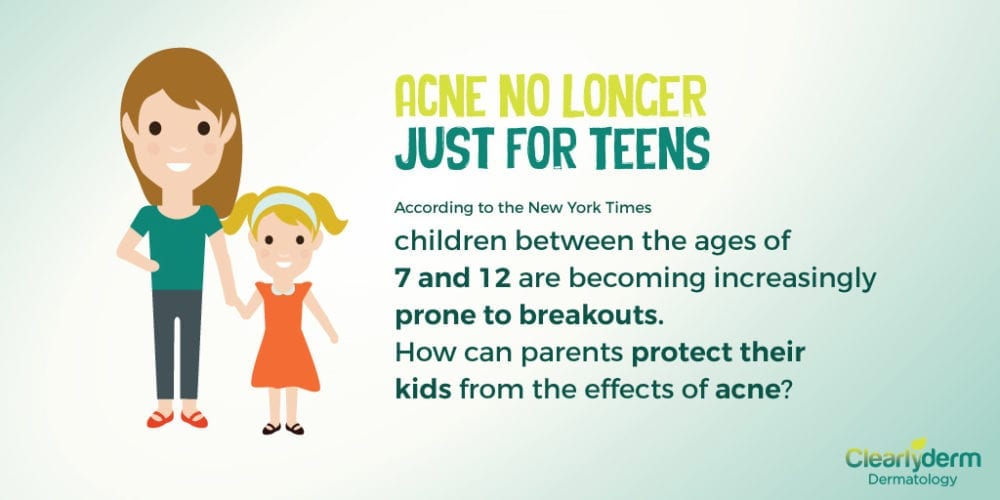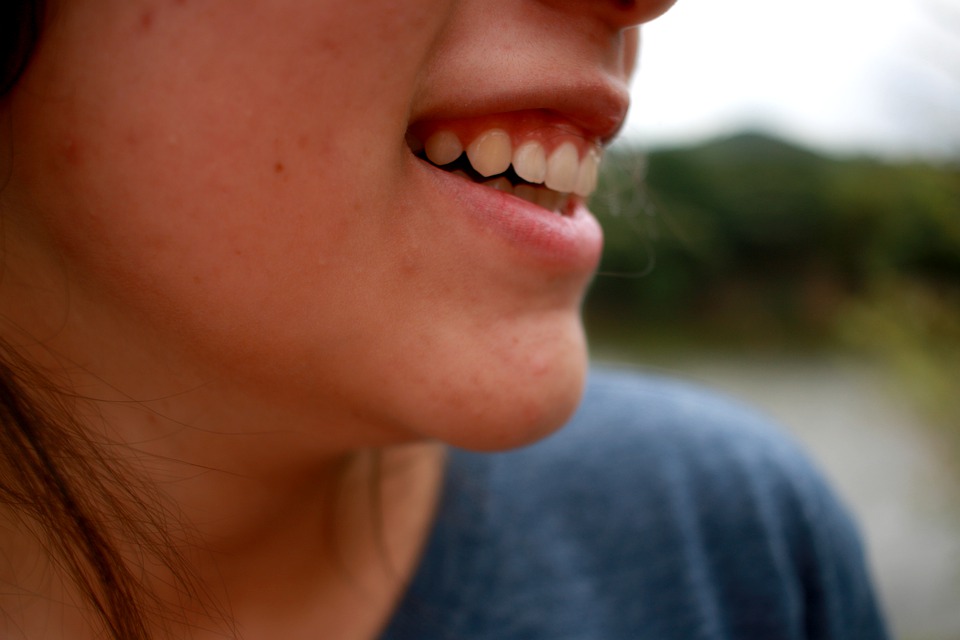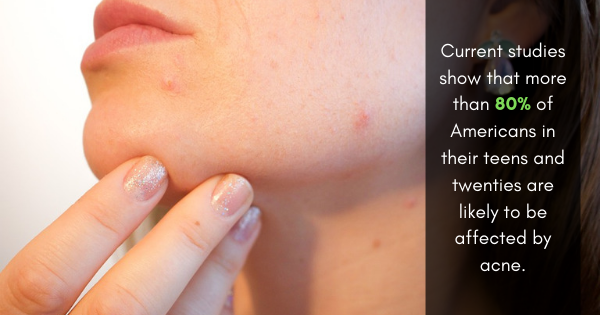
Acne Treatment: How Young is Too Young?
By Erika Luceri-Johnson
If your preteen is beginning to exhibit signs of acne, don’t worry — they’re not alone. Although acne is typically associated with teens, children between the ages of seven and 12 are becoming increasingly prone to breakouts, according to the New York Times. But what’s actually behind this sudden outbreak? And what kinds of treatments can reasonably be prescribed to patients of such a young age?
The Problem With Puberty

These days, it’s no longer unusual for prepubescent children to be afflicted with blemishes. Of course, many of these children aren’t really prepubescent, since the age at onset of puberty seems to be dropping. For girls, hitting puberty before 10 has become the new normal — a 2010 study found that by the age of seven, 10% of caucasian, 23% of African-American, 15% of Latina, and 2% of Asian girls had started developing breasts.
If puberty starts before age 8 in girls or age 9 in boys, it is called precocious puberty. Sometimes it is caused by a medical condition but most often there is no identifiable cause. Medications can be given to try to delay puberty.
With the earlier age of onset of adrenarche (when our bodies start secreting androgen) and menarche (the first menstrual cycle), acne is starting to appear earlier, too. But when it comes to managing breakouts, many parents are hesitant to take the leap and begin early treatment.
The Aim Of Treatment
While a bit of skepticism is natural (it can feel uncomfortable to start your seven-year-old on acne creams), the fact is this: age is just a number. Although the causes of acne are similar for most people, everyone’s skin is still unique. Whether your child is eight or 18, it’s important to get them the help they need at the first sign of flare-ups.
After all, acne treatment is all about keeping your skin healthy, and more importantly, scar-free. For children who become acne-prone early in their development, scarring is a serious possibility, with expensive long-term consequences. Once scarring has set in, it’s incredibly difficult and expensive to remedy, especially since insurance companies won’t cover treatment. Even at seven or eight, children can develop acne severe enough to cause scarring, in which case dermatologists are less concerned with age and more concerned with mitigating long-term damage.
How Children Can Seek Help
Although some clinics will refuse to treat patients under a certain age, there are plenty of treatment centers that specialize in pediatric dermatology. When considering the course of treatment, doctors are often less hung up on age than they are on family history — since family history strongly correlates to the severity of acne, clinicians will often favor treatments that have previously been prescribed to family members of the patient.
With that in mind, dermatologists are always sensitive to which treatments should or should not be administered to preteens. Since oral medications tend to have a more intense impact on the body, dermatologists will often favor creams and other topicals at the beginning stages of treatment. Even something as simple as choosing the right face wash can make a profound difference.
Depending on the severity of the acne, however, topicals don’t always cut it. Although tetracyclines can’t be administered until all of a patient’s adult teeth are in (without risking severe discoloration, that is), doctors will occasionally prescribe a Z-Pak or Amoxicillin. While the patient’s age is important to consider in deciding on a course of treatment, it’s important to stress that it’s the severity of acne, not age, that ultimately dictates the best course of treatment for a given patient.
Looking for help with your acne? Join ClearlyDerm’s Virtual Acne Program for personalized treatments without the hassle of an in-office visit.









No Comments
Sorry, the comment form is closed at this time.